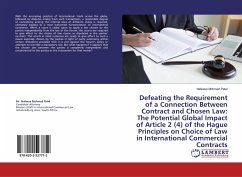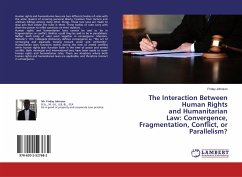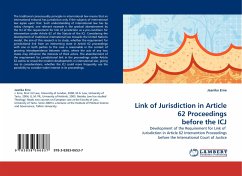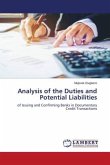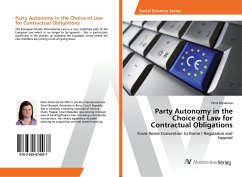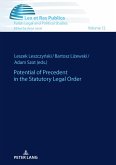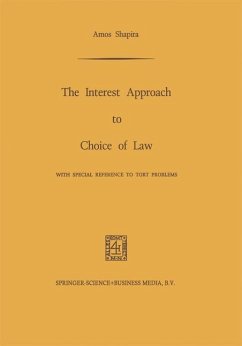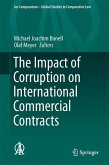With the increasing practice of international trade across the globe, followed by disputes arising from such transactions, a reasonable degree of consistency among the internal laws of different states is required, ultimately leading to a most welcomed harmonisation of international commerce. When a court is called upon to apply a law chosen by the parties independently from the law or the forum, the courts are required to give effect to the choice of law clause as stipulated in the parties' contract. The courts in most instances are ready to give effect to such a clause expressly chosen by the parties in light of party autonomy within certain limitations provided that it is not against the forum's policy or attempts to override a mandatory rule. But what happens if it appears that the chosen law between the parties is completely independent and unconnected to the parties or the transaction for that matter?
Hinweis: Dieser Artikel kann nur an eine deutsche Lieferadresse ausgeliefert werden.
Hinweis: Dieser Artikel kann nur an eine deutsche Lieferadresse ausgeliefert werden.

